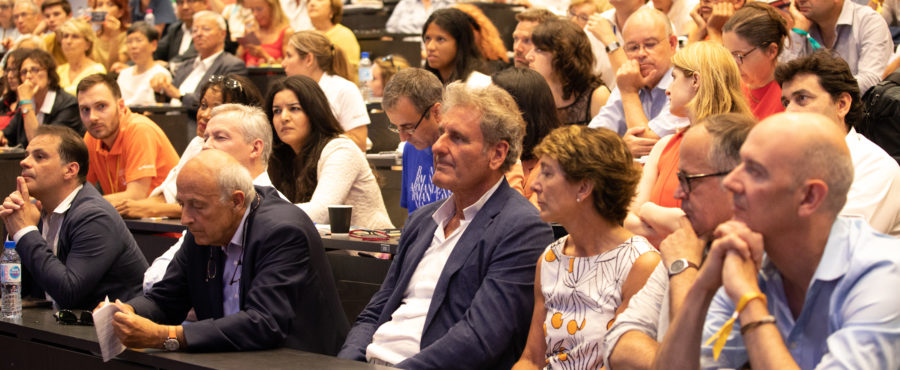5 Jul 2019
Can Social Cohesion Survive Inequalities?
Debate 1

Since 1990, inequalities have increased in most advanced economies and are weakening the middle classes. In many countries, a significant proportion of the population expresses its rejection, in the ballot boxes or on the streets.
The United States is a topical case, with relative incomes of the middle classe and life expectancy declining from 2015. Elsewhere, inequalities of access and opportunity sometimes threaten the quality of social cohesion. In France, where post-redistribution income inequalities have generally been fairly stable, social prospect is thus very strongly linked to the socio-professional environment of parents.
How can we understand the causes and symptoms of inequality? What future lies ahead for the middle class?How in this context could we (re)make society? What role will different actors play? Which priorities should public policy aim at ?
Contributions
Debate 1 – CAN SOCIAL COHESION SURVIVE INEQUALITIES?
From a global perspective, income inequality has been decreasing since the 1980s (CEPII, 2019). The decline of poverty in the world and the improvement of human development indicators are symptoms of this decrease. While a large part of this evolution can be explained by the catching up of China and India since 2000, economic convergence between countries has been more broad-based.
Download





















































































